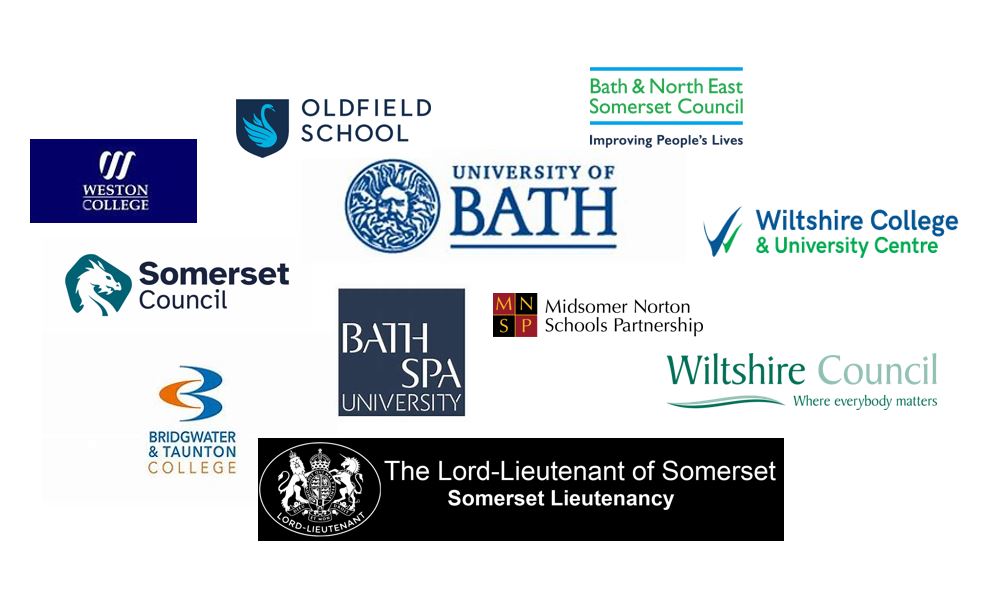When I took up post as Vice-President (Community & Inclusion) just over a year ago, I was asked to write a blog post for Social Justice Day 2024. This presented me with two immediate challenges: firstly, to understand how to write a blog and secondly, to understand the background to, and purpose of, World Day of Social Justice. Ever since, I have been a supporter of #SocialJusticeDay which this year is focussed on strengthening a just transition to a sustainable future.
Sustainable future
As a University, we think a lot about sustainable futures and we provide insights and valuable contributions in support of the global endeavour towards a sustainable future. And I think it’s reasonable to say that our university community is making effective contributions towards this collective goal. From the contribution that campus services has made by introducing the Exchange coffee cup as part of the leave no trace campaign to the work of our interdisciplinary research teams as demonstrated within the newly created Institute of Sustainability and Climate Change. What I think we have here in our university community is both a local and a global focus, an individual and a team response.
Access to education for a just transition to a sustainable future
And so, I suspect that I may be stating the obvious when I write for a University community and say that fair access to education has a role in bringing about a just transition to a sustainable future. Access to Higher Education has been on political agendas for several decades now, manifesting itself most notably at an institutional level by an Office for Students requirement to create and deliver Access and participation plans (APPs). The dedication of staff committed to supporting institutional APP activity is unquestionable. But it is hard. In part because what is being asked of universities may create unhelpful competition between universities. It seems that the OfS may have noticed this and are considering a different approach which they articulate in publication of their vision for the future of collaborative outreach for universities.
Roundtable event for World Social Justice Day 2025
World Social Justice Day 2025 provided me with the excuse to welcome local school, college and council leaders onto campus to share and to discuss regional educational challenges and aspirations as they see them.
 The event took place eight days before #SocialJusticeDay buy only for pragmatic reasons – this week is the half-term break in our local schools and colleges. But the sense in which we were meeting collectively to address real issues around social justice was not lost. I co-hosted the event with the Lord Lieutenant of Somerset, Mr Mohammed Saddiq, whose concerns around the social mobility of young people in Somerset necessarily requires consideration of the associated barriers that arise from educational aspiration, opportunity and achievement. Alongside education leaders from BANES, Somerset and Wiltshire, the University contributed perspectives from Andrew Ross, Head of Widening Participation, and Jo Bonnett, Head of the Wessex Insipration Network.
The event took place eight days before #SocialJusticeDay buy only for pragmatic reasons – this week is the half-term break in our local schools and colleges. But the sense in which we were meeting collectively to address real issues around social justice was not lost. I co-hosted the event with the Lord Lieutenant of Somerset, Mr Mohammed Saddiq, whose concerns around the social mobility of young people in Somerset necessarily requires consideration of the associated barriers that arise from educational aspiration, opportunity and achievement. Alongside education leaders from BANES, Somerset and Wiltshire, the University contributed perspectives from Andrew Ross, Head of Widening Participation, and Jo Bonnett, Head of the Wessex Insipration Network.
I think the event was a success. Everyone participated constructively and passionately, with a sense of shared purpose and commitment to collaboration. Whilst we await the meeting report which will identify emerging themes and next steps, I will just share a few personal perspectives. The first is that the rural nature of our region provides an immediate barrier to fairness of opportunity that we need to overcome. Covid may have provided us with an obvious, or at least partial, solution, as we are more familiar and confident with the delivery of online educational activities. The second theme, this time possibly exacerbated rather than solved by Covid, is the increasing divide between those who have, and those who do not. And finally, in terms of cultural capital, the challenges identified in early years and those post-16 when young people make future choices are significant. None of this is necessarily surprising but it does help to set the scene for institutional involvement with our regional educational ecosystem.
This work is in its infancy. Like most worthwhile endeavour, it is challenging. In developing an institutional contribution to the local and regional educational ecosystem, we must support and not hinder institutional activity designed for a national audience. We will need to be creative and the outcome should be of benefit both to the University of Bath directly and to our local and regional educational ecosystem. But as an event to recognise #SocialJusticeDay, I think we made a good start.
Respond